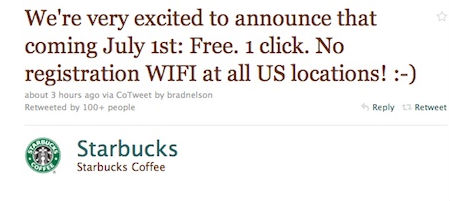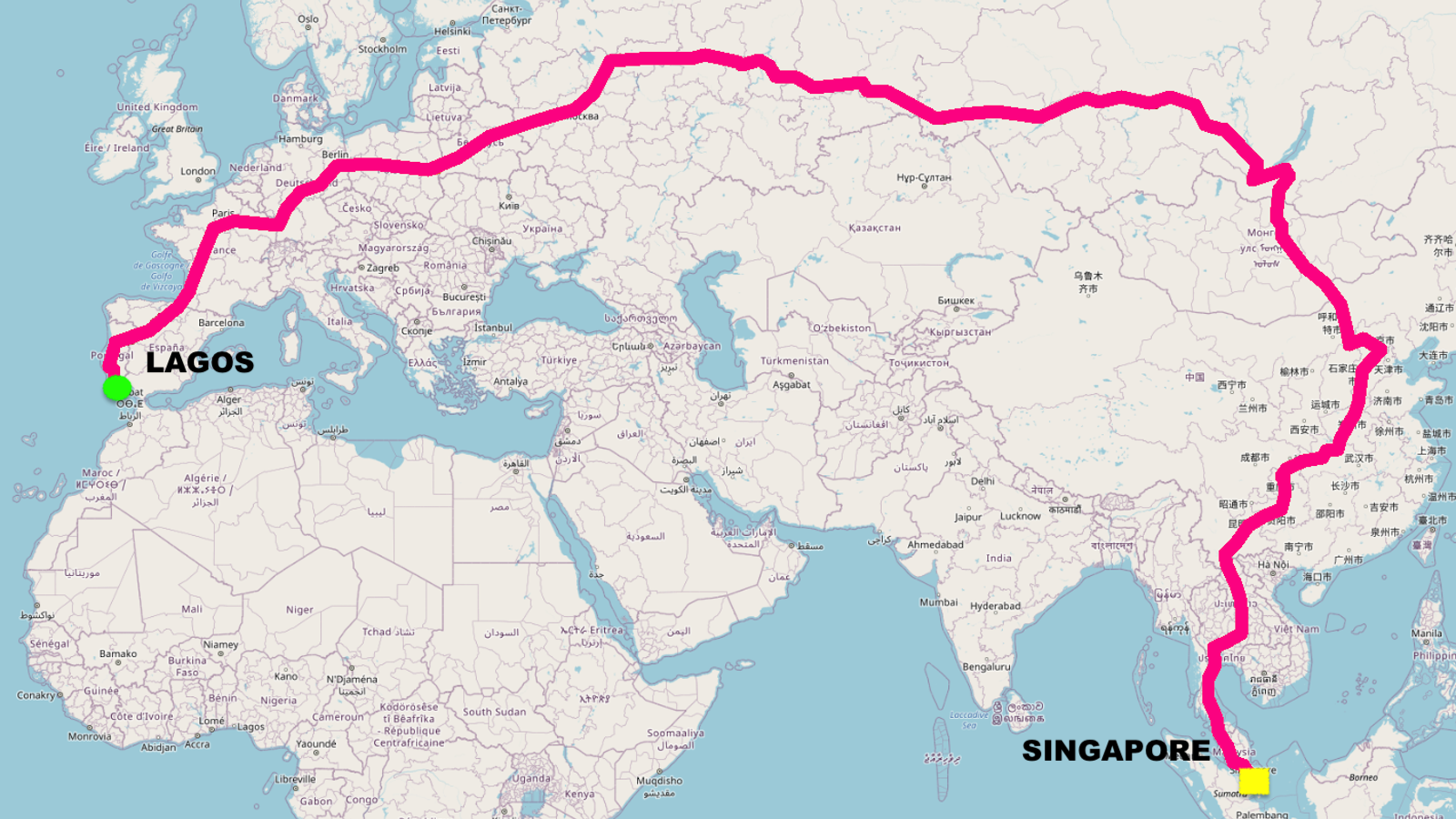Why We Need Starbucks and Singapore Doesn’t

Many of us are addicted to Starbucks, but as any European will attest, it’s not because the coffee is delicious. We like the routine of the morning caffeine jolt, the congenial yuppie ambiance, and the gingerbread flavors in festive red cups at Christmas: it’s not cool, but it’s home. Now we have one more reason to love it: free wi-fi.
In a ploy to attract more customers, Starbucks recently announced free Internet access in all its 11000+ stores and franchised locations across the US. McDonalds announced a similar deal last year. Free wi-fi means more in the US than it does in countries in Europe or Asia: we pay higher fees for grazing the Web, and our access speed is relatively slow. Broadband costs four times as much and is four times slower in the US than in South Korea, the most networked country in the world. Globally, the US doesn’t rank in the top 10 in broadband speed, cost or penetration: Korea, Japan, Sweden and Denmark are among those far ahead of us.
How can the US expect to maintain its edge in innovation if the fundamental engine of productivity and collaboration – access to a networked workforce and information – is slow, spotty and expensive? Just take the example of tele-health which is fundamental for helping the graying population of the West maintain its vigor without putting excessive pressure on Medicare. Without high speed Internet, video consultations with doctors, exchange of information, X-rays and patient monitoring cannot occur. A high-definition video can take an hour or two to upload in the US, whereas in Japan it only takes minutes. According to Charles H. Ferguson, author of “The Broadband Problem,” the poor broadband infrastructure in the US diminishes our potential productivity growth by as much as 1%. The dismal state of affairs hasn’t escaped President Obama who spoke repeatedly about the need to create the information superhighway during his campaign. In fact, the Federal Communications Commission (FCC) has published a hefty 360-page plan to make the US one of the most connected countries on the planet.
Yet progress on creating this digital infrastructure has been lethargic and unsatisfactory. In particular, monopolies like AT&T, Time Warner and Verizon have wanted to maintain their high-margin grip on the information highway, making it difficult to increase competition and reduce prices. Meanwhile, the government of Singapore recently made a massive public investment to layer the country in fiber optics for high-speed and ubiquitous Internet for its citizens. Until we begin to emulate the regulatory and public funding support of countries like Singapore, Starbucks might be Americans’ best bet for cheap access to the Internet.
Ayesha and Parag Khanna explore human-technology co-evolution and its implications for society, business and politics at The Hybrid Reality Institute.





